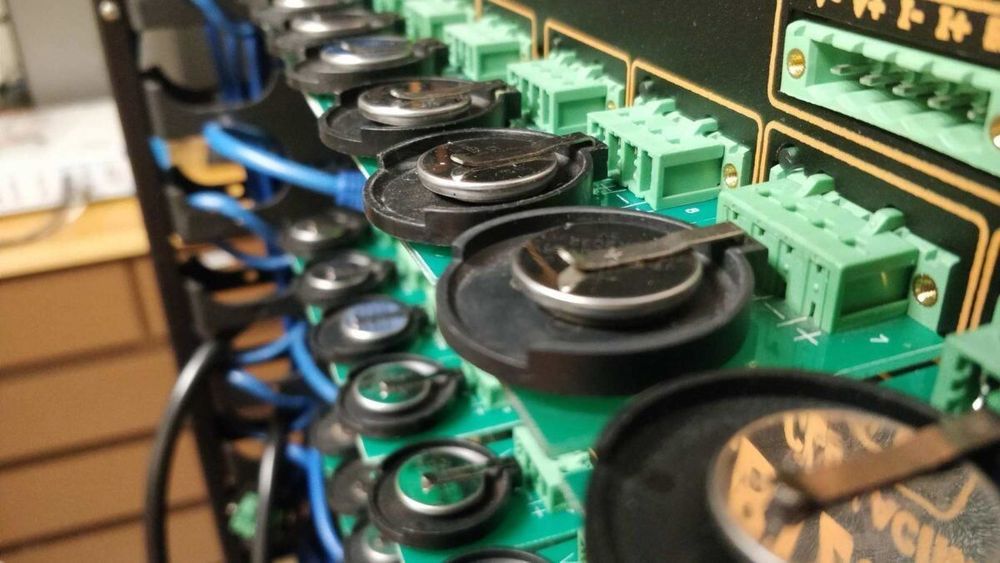Lithium-sulfur batteries have been hailed as the next big step in battery technology, promising significantly longer use for everything from cellphones to electric vehicles on a single charge, while being more environmentally sustainable to produce than current lithium-ion batteries. However, these batteries don’t last as long as their lithium-ion counterparts, degrading over time.
A group of researchers in the Cockrell School of Engineering at The University of Texas at Austin has found a way to stabilize one of the most challenging parts of lithium-sulfur batteries, bringing the technology closer to becoming commercially viable. The team’s findings, published today in Joule, show that creating an artificial layer containing tellurium, inside the battery in-situ, on top of lithium metal, can make it last four times longer.
“Sulfur is abundant and environmentally benign with no supply chain issues in the U.S.,” said Arumugam Manthiram, a professor of mechanical engineering and director of the Texas Materials Institute. “But there are engineering challenges. We’ve reduced a problem to extend the cycle life of these batteries.”
